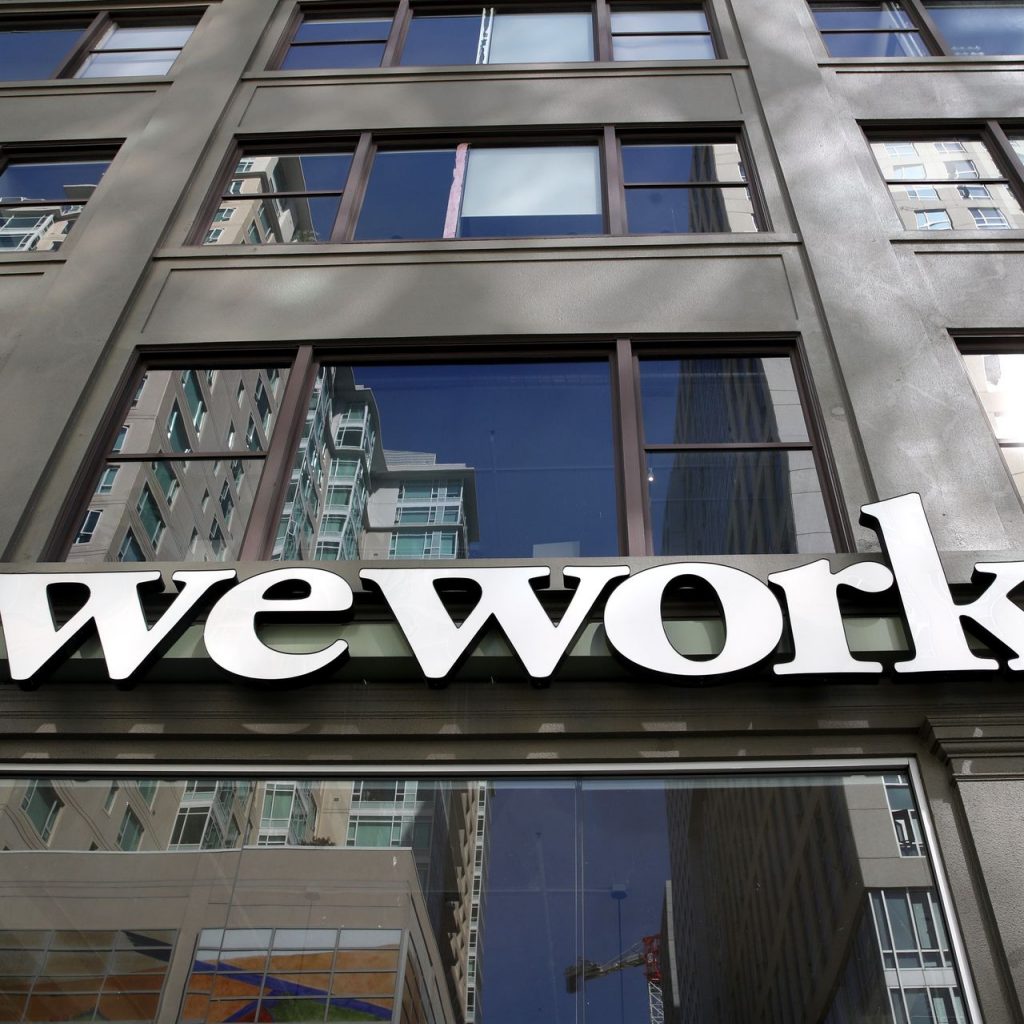The world is increasingly interconnected, both economically and financially. Analyzing the degree that a specific city or metropolitan area contributes to the global economy is becoming one of the key factors in real estate investing decision making.
In this article we’ll take a quick look at how global cities are defined, the three major categories of global cities, and how professional real estate investors can use this information when deciding where to employ investment capital.
Globalization & World Cities
Over 20 years ago the interconnectedness and economic linkages between various cities around the world were first researched by professors in the geography department of Loughborough University in the UK.
From this data the top global cities were ranked by the contribution they make not only to the global economy as a whole, but also to one another. This categorization developed into the Global Power Index which serves as a basis for the Globalization and World Cities (GaWC) Research Network.
Some of the primary rating criteria used to determine where a city or metropolitan area ranks within the GaWC Network include:
- Depth of regional and international financial services.
- Number of corporate headquarter locations, manufacturing centers, and logistics hubs.
- Domination of the surrounding trade area by that city or metro area.
Alpha, Beta, And Gamma World Cities
The GaWC Research Network contains three distinct levels of global cities:
- Alpha – This is the highest ranking in the Network and includes areas that have the top-most integration with the global economy. Los Angeles, Chicago, San Francisco, Miami, London, Hong Kong, New York City, Paris, and Beijing are a few of the cities that fall into the Alpha category.
- Beta – These are cities that have moderate regional economic linkage to the global economy and include the metropolitan areas of Boston, Atlanta, Houston, Dallas, San Diego, Montreal, and Denver.
- Gamma – Cities with smaller – but still significant – global economic linkages in this category include Cleveland, Detroit, San Jose, Austin, Kansas City, Charlotte, Phoenix, Glasgow, and Saint Petersburg.
It’s interesting to note that economic factors play a much greater role in these Global Power Index rankings than do social or political factors.
Real Estate Investing & Global Cities
When using the Global Power Index as one of the many investment metrics available to real estate investors, it’s important to remember that just because a city has an Alpha ranking doesn’t mean it will automatically offer top returns.
Entry and exit price points, cash flow during the holding period of the real estate investment, appreciation, and overall yield are among the top concerns of real estate investors world wide.
More often than not, superior asset performance can be found in Beta rated cities.
Two successful examples of this strategy are our Sonoma Coast Apartments in Oceanside, California and our Chapel Square mixed-use shopping center investment in Avon, Colorado.
Oceanside is located about mid-point between the Beta-ranked city of San Diego and the Alpha-ranked city of Los Angeles. The Sonoma Coast Apartments benefit from economic interplay of the San Diego and much larger Los Angeles metropolitan markets.
Avon, Colorado is located in the heart of the world-renowned Vail and Beaver Creek ski resort areas of Colorado. Our Chapel Square mixed-use investment sees clear benefit not only from being in a tourism location but also from the overwhelming influence that the Beta-ranked Denver metropolitan area exerts on the local trade area.
If you’d like to learn more about the unique, contrarian investment opportunities at TwinRock Partners please click here.




